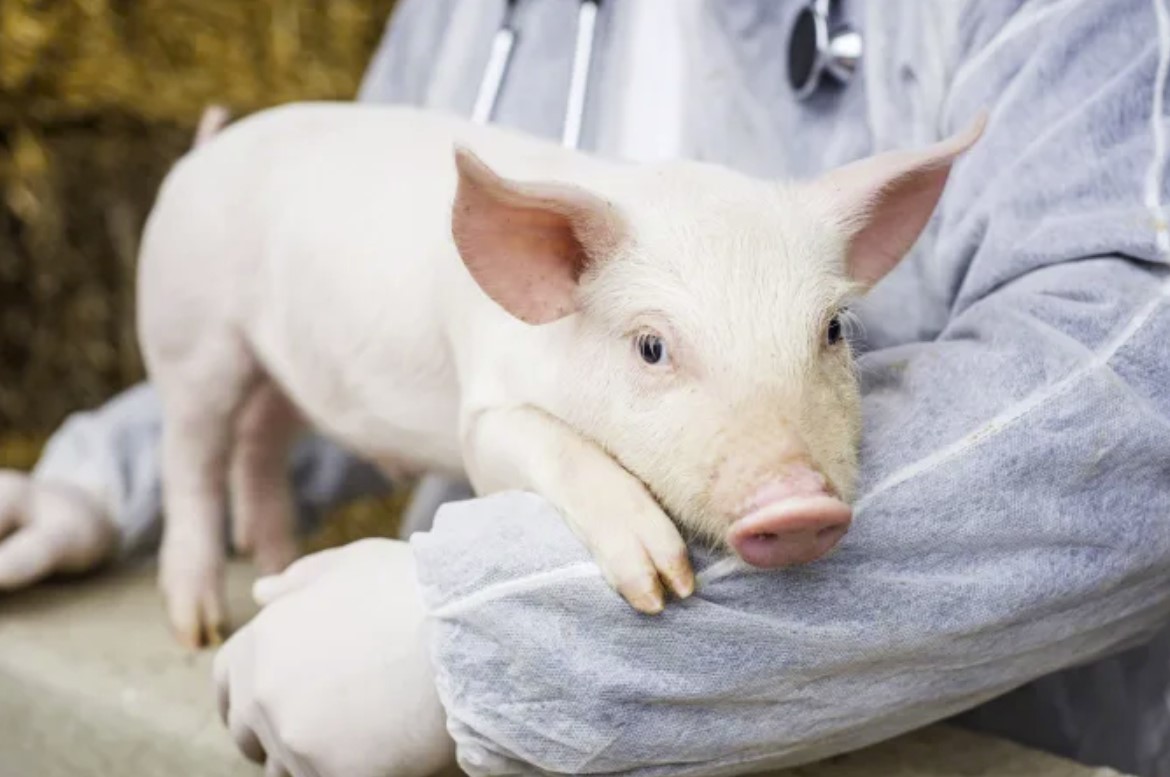Scientists revived organ cellular functions to pigs one hour after death

Although medical science has a long way to go before it can eliminate death, it may be closer than you realize. Yale University scientists were able to restore cells in pigs' organs that had been dead for an hour in the lab, according to The New York Times. Hearts began beating and the pigs' bodies didn't stiffen as they would normally do.
The researchers combined the blood of the animals and an artificial hemoglobin with OrganEx, a cocktail that includes anti-inflammatory medication, nerve blockers (to prevent a return to consciousness), nutrients, and agents that combat cell death. The project is a continuation of a years-old achievement where scientists revived dead pigs' brain cells using a precursor solution, BrainEx. After making this discovery, the team wondered if it might bring back a whole body.

The research isn't close to being beneficial to human patients. Additional studies will evaluate whether the organs are operational. Researchers will also have to assess how OrganEx performs without nerve blockers, and eventually test their findings on people. There are issues regarding animal rights and when it would be ethical to experiment with people if synthetic blood isn't yet accessible in emergency rooms. This is still a long way off if synthetic blood isn't yet available for emergency rooms.
The consequences of any advances in this area would be significant if and when treatment options like OrganEx become available to people. They could extend the potential of organ transplants, allowing for the collection of healthy organs many months after death. That would enable more organ transplants to be given, saving additional lives. The technology may also help protect organs from being permanently damaged following a major heart attack or stroke. This should give individuals with potentially fatal illnesses a better chance of recovery.
Source: www.engadget.com